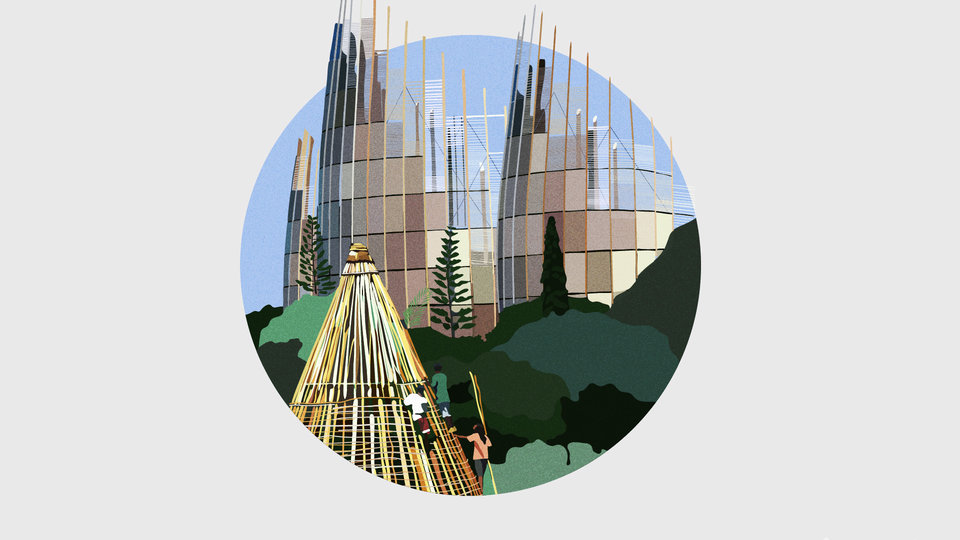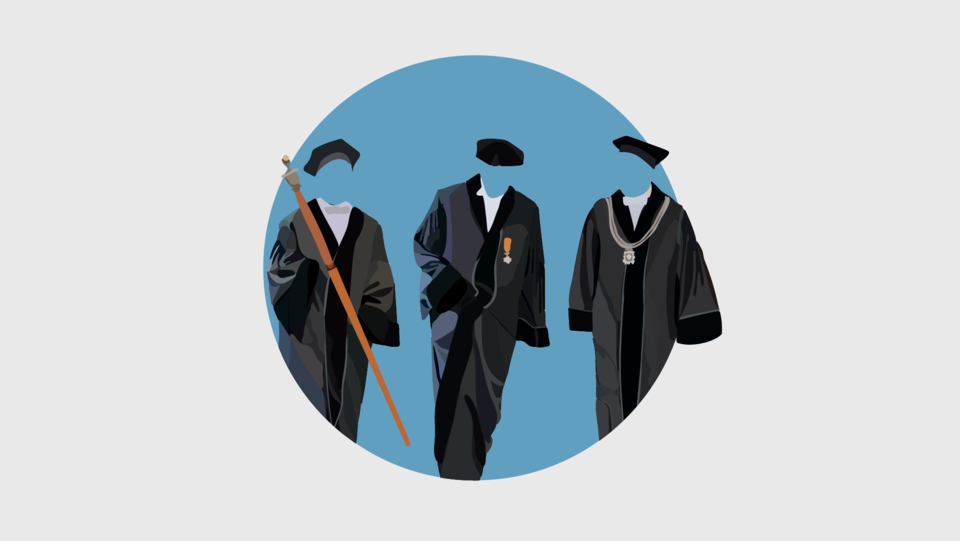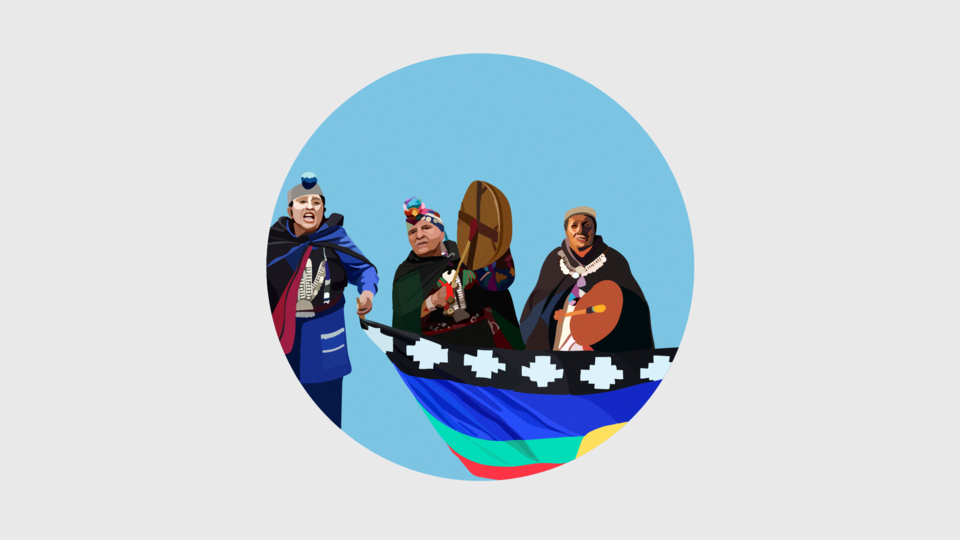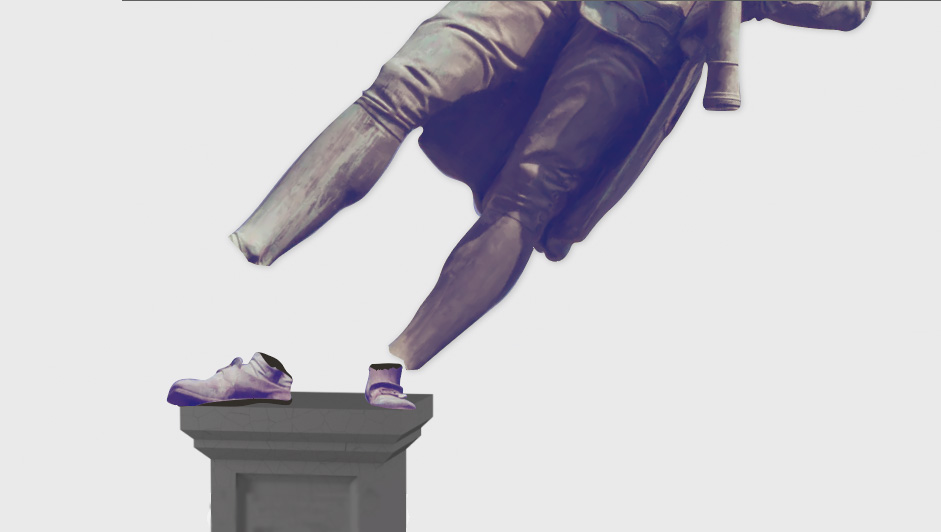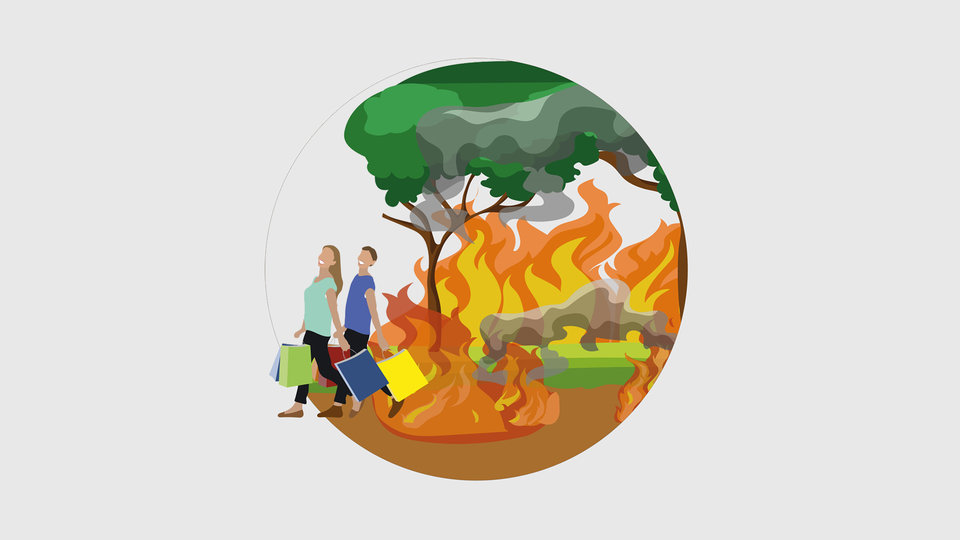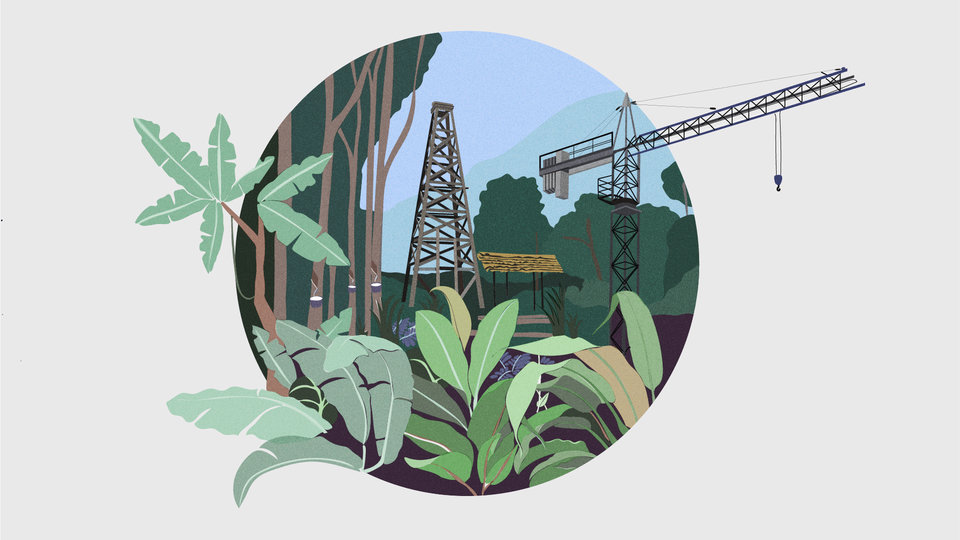What is Decolonisation?
23 February 2021 | 12:40-14:30 | Online
How much have you been taught about the impact of climate change on Amazonian cultures? Or about how indigenous people in Papua manage their natural resources and build their homes? How about the urban planning and segregation in cities like Amsterdam and Rotterdam and their relationship to the Dutch colonial past?
For better or worse, Western European culture has managed to impact and dominate much of the world for centuries. Everything from its values, to its economy, technology, and aesthetics can be recognized around the globe. But through the process of colonisation and slavery, and more recently through globalisation, Western culture also leaves a legacy of oppression and underrepresentation of other cultures. We simply do not know much about reality beyond our own Western experience. And so the decolonisation of knowledge is still a very real challenge.
Decoloniality offers a lens through which to see this aspect of the world with greater awareness. With this broader perspective, engineers, designers, architects, etc. can make an impact for a better society.
Introducing the broad and complex concept of decoloniality to us is Dr. Rolando Vázquez Melken, Associate Professor of Sociology at the University College Roosevelt of Utrecht University.
Date & time | 23 February 2021 – 12:40 tot 13:30 |
Location | Online |
Language | English |
Entrance | Free |
| Themes | Society & Community; History & Current Events |
Speaker:
Rolando Vázquez Melken
Associate Professor of Sociology
Upcoming
About this series
SG Presents: the Decolonising Knowledge series
This series of events explores the legacy of colonial power structures in society.
Decolonisation, roughly put, is a social movement and academic project that seeks to empower knowledge, cultures, and peoples marginalized by the legacy of colonialism and its power structures. This movement also reflects critically on the historical role of universities and Western knowledge production in relation to colonialism. It encompasses issues of race, gender, land ownership, ways of knowing, reparations, resource extraction, rights and representation, and more.
The program will consist of a core of lecture series introducing the decolonial perspective and its application. There will also be numerous satellite events with master classes, a film night, and discussion groups.
The Decolonising Knowledge series will be launched as pre-recorded lectures on YouTube on select Tuesdays in February, March, and May 2021. Live online discussion sessions will be organized on Tuesday evenings via VOX Delft, the open discussion platform of the TU Delft. A link to the discussion will be announced here soon.

